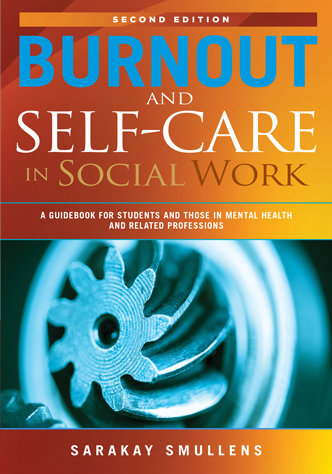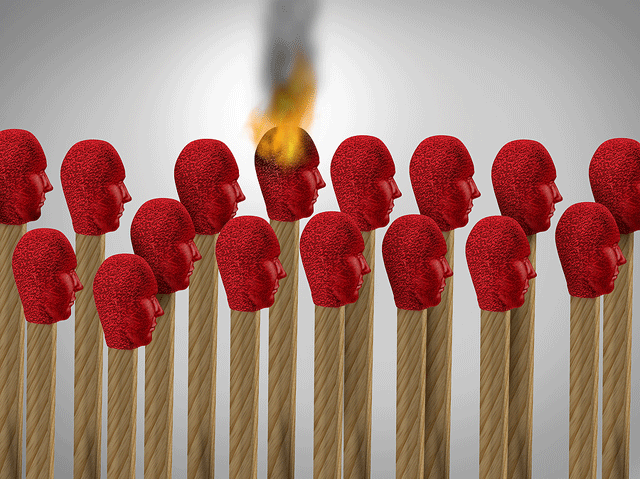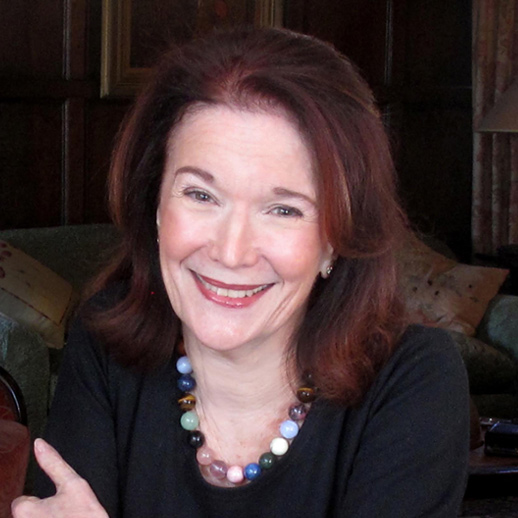SaraKay Smullens, LCSW, ACSW, BCD, DCSW, CGP, CFLE, whose private and pro bono clinical social work practice is in Philadelphia, is a certified group psychotherapist and family life educator. In addition to her clinical emphasis, a long-standing professional priority has been to bring social work awareness and psychological insights to the public at large, and through this process join those devoted to addressing and alleviating divisiveness and rage in families, work settings, and society through education, advocacy, and activism.
SaraKay's activist roots began in her hometown, Baltimore, where as a child she witnessed the evils and degradation of the Jim Crow laws. While in undergraduate school at Goucher College, then a women’s college located in Baltimore, she successfully led a two-year campus coalition to end segregation in Towson, Maryland, the Baltimore suburb where Goucher College is located. A graduation award for this initiative led to an introduction to John F. Kennedy at the Democratic Convention in 1960, and subsequent employment at the Democratic National Committee, where she became a regional coordinator for young Democrats. It was President Kennedy who recommended social work to her as a profession.
In graduate school at Catholic University’s National Catholic School of Social Service in Washington, DC when President Kennedy was assassinated, she transferred to the University of Pennsylvania to complete her degree, where her scholarship and stipend were continued. The enormous impact of this year at Penn is documented in her fourth book, a second edition of Burnout and Self-Care in Social Work: A Guide for Students and Those in Mental Health and Related Professions, Work (publication date, October, 2021, NASW Press). The edition adds the dangers of societal burnout to the concentration on the personal, professional, relational, physical, and societal arenas in our lives where burnout is found — and the causes, warning signs, and evidence based self-care approaches to alleviate their danger and toll, The second edition also offers a fuller explanation of the differences between burnout and depression; and the impact of dysfunctional leadership in every facet of our lives, and democracy as a whole.
When Lynne Abraham became Philadelphia’s first woman District Attorney, she offered SaraKay an extraordinary pro bono opportunity: With the input of psychiatric consultation, she worked with staff to carefully select first offenders in domestic violence cases where there were no fatalities. In lieu of incarceration individuals and their families were offered intensive group psychotherapy, augmented by individual, couple, and family therapy and family life education. Her pro bono practice continues.
A best selling author. SaraKay’s articles and commentaries have appeared in peer-reviewed journals, newspapers, magazines, and blogs. Her articles about domestic abuse contributed to the reform of brutal, archaic Pennsylvania divorce laws. Her investigation of invisible patterns of emotional abuse, always part of physical and sexual violence, led to their independent codification. It also led to the founding of the Sabbath of Domestic Peace, an initiative focused on the involvement of Philadelphia clergy, identified as “a missing link,” in addressing the epidemic of domestic abuse and violence.
SaraKay’s professional papers and memorabilia are divided between the Archives of the University of Pennsylvania, Goucher College, and the John F. Kennedy Presidential Library. A recipient of numerous awards, in 2019 SaraKay was one of five graduates of the University of Pennsylvania School of Social Policy and Practice inducted into its Inaugural Hall of Fame.






